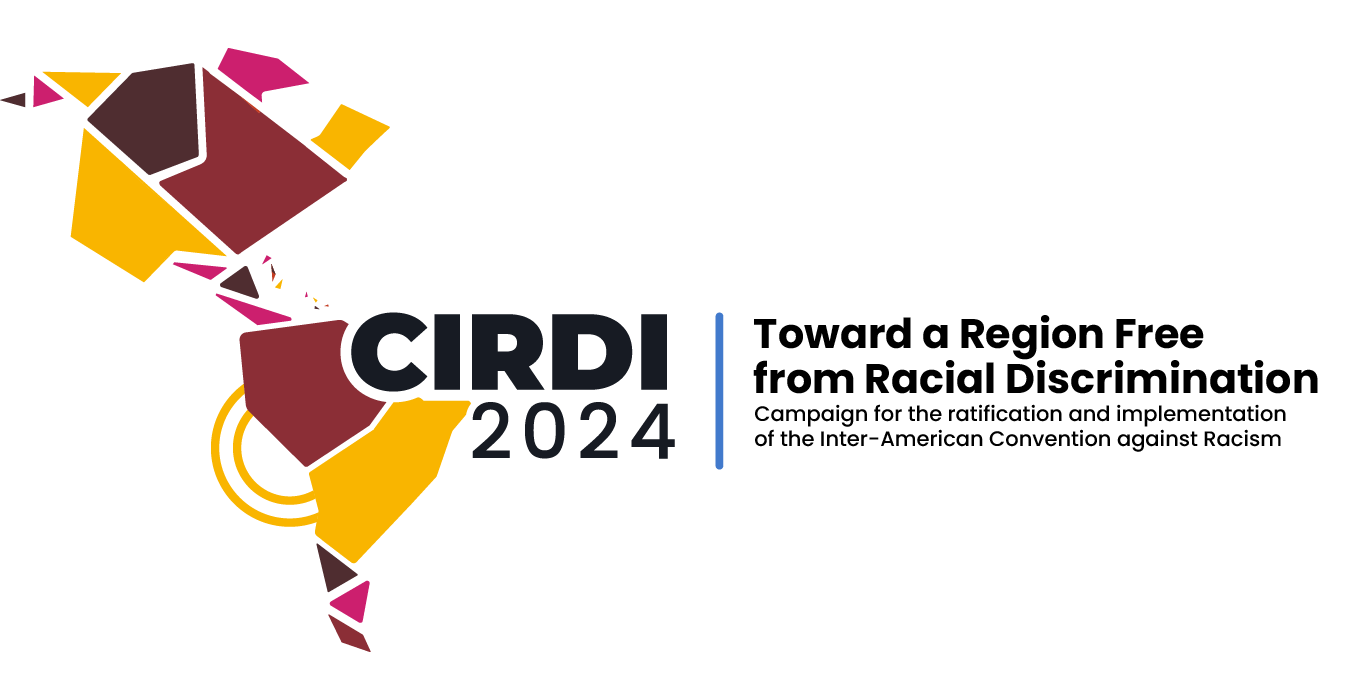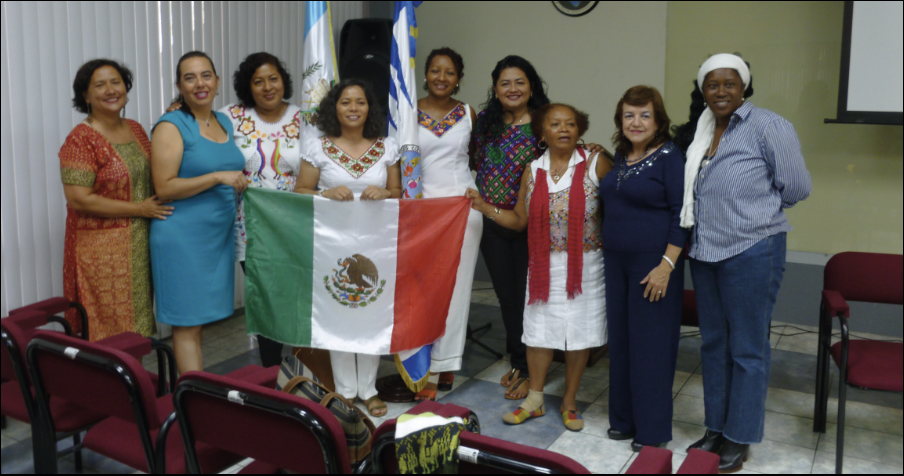In the Americas the victims of racism, racial discrimination, and other related forms of intolerance are, inter alia, people of African descent, indigenous peoples, and other racial and ethnic groups or minorities, or groups that by reason of their lineage or national or ethnic origin are affected by such manifestation.[1]
While many of the forms of discrimination and racism that these groups still face have their origins in the historical events mentioned above, they are also attributed to the fact that these problems were not acknowledged or addressed by the States that emerged from the independence processes, and they have largely been rendered invisible until recent years. This has led the Inter-American Commission to note that the Afro-descendant population in the Americas has endured a history of neglect, exclusion, and social and economic disadvantage that impairs the enjoyment of their fundamental rights.[2] Thus, the IACHR has affirmed that the Afro-descendant population in the Americas suffers from a situation of structural discrimination, which is evidenced in the indicators on poverty, political participation, contact with the criminal justice system, access to quality housing, health care and education, among others. Structural discrimination is also reflected in the permanent stereotype and prejudice that exists against people of African descent.[3]
The murder of Afro-Colombian leaders, racial discrimination and police brutality in the United States, the struggle of the Garifuna people in Honduras, and the threat of extinction of the Gullah culture were some of the topics that emerged from the first Expert Dialogue focused on challenges and opportunities presented by the Inter-American Convention against Racism, promoted by Race and Equality after the entry into force of the Convention on November 11, 2017, after being ratified by Costa Rica and Uruguay.[4]
Thus, for example, in Colombia 170 years after the abolition of slavery, serious and differentiated effects persist against he the Black, Afro-Colombian, Raizales, and Palenqueras communities. In addition to the problem of racial discrimination, there are existing structural problems that cause or aggravate the human rights violations suffered by Afro-Colombians, such as mass displacement, forced confinements and disappearances. The Colombian State signed the CIRDI on August 9, 2014, affirming with this gesture its commitment in the international fight against all forms of discrimination. However, the ratification process has not yet started and does not appear as a priority on the Colombian Congress legislative agenda.
For its part in the Dominican Republic, for more than 30 years the inter-American system has followed up on the various manifestations of racism and discrimination against people of African descent, especially Dominicans of Haitian descent and Haitian migrants, through actions carried out by both individuals and state authorities. The denial of these problems, their invisibility, as well as the non-adoption of public policies to overcome them, have made it easier for the forms of discrimination against Afro-descendant Dominicans to manifest themselves in multiple spheres of their lives and have mutated throughout of time, leading to the denial and violation of many human rights, in particular their right to nationality.[5]
In Honduras, the social, political, and economic conditions faced by indigenous and Afro-Honduran peoples, caused by social exclusion, inequity, racism, and discrimination have resulted in them living in poverty, low educational levels, deficiencies in the provision of health services, high levels of unemployment, legal insecurity, lack of representation in government structures, threats to their cultural condition, among other effects.[6] The main effects on the rights of indigenous and Afro-Honduran peoples are related to their right to collective property due to the lack of demarcation, titling and reorganization of their lands and territories, as well as the increase in concessions, which affects cultural identity and access to basic rights.
For its part, the Afro-Peruvian population is in a situation of vulnerability, invisibility, and structural inequality that generates a negative impact on the full exercise of their rights and on access to services. The situation of inequity and inequality faced by the Afro-Peruvian population in relation, mainly, to discrimination based on ethnicity and/or race, poverty rates, access to education and occupational segregation, among others, is marked by multi-causality, multidimensionality, and interdependence.[7]
And in Panama, racial discrimination imposes barriers that prevent indigenous peoples and Afro-Panamanians from fully enjoying their rights. It is urgent to stop the marginalization and exclusion of individuals belonging to certain communities from the political and economic decision-making processes, as well as the elimination of barriers in access to employment, land, political and economic rights based on skin color or ethnic, national, or racial origin of a person.
Certainly, the reality of Latin America is far from the objectives that the Inter-American Convention against Racism sets. However, and as the preamble to the Convention clearly highlights, the principles of equality and non-discrimination, enshrined in all the constitutions of the Americas, presuppose an obligation on the State’s part to adopt special measures to protect the rights of individuals or groups that may be victims of racial discrimination, in any area of human endeavor, whether public or private, with a view to cultivating equitable conditions for equal opportunity and to combating racial discrimination in all its individual, structural, and institutional manifestations. A pluralistic and democratic society, as the societies of the Americas should aspire to be, must respect the race, color, lineage, and national or ethnic origin of every person, whether belonging to a minority or not, and create suitable conditions that will enable that person to express, preserve, and develop their identity.[8]
[1] Inter-American Convention against Racism, Racial Discrimination, and Related Forms of Intolerance, preamble.
[2] IACHR, Situation of Human Rights in the Dominican Republic (2015), para. 93.
[3] IACHR, The Situation of People of African Descent in the Americas (2011), paras. 42, 46.
[4] Race & Equality, The Inter-American Convention against Racism: A dialogue with experts, https://raceandequality.org/blog/the-inter-american-convention-against-racism-a-dialogue-with-experts/
[5] IACHR, Situation of Human Rights in the Dominican Republic (2015), para. 343.
[6] Honduras, Public Policy against Racism and Racial Discrimination for the Comprehensive Development of Indigenous and Afro-Honduran Peoples (P-PIAH), 2016-2026.
[7] Ministry of Culture of Peru, National Development Plan for the Afro-Peruvian population, 2016.
[8] Inter-American Convention against Racism, Racial Discrimination, and Related Forms of Intolerance, preamble.



